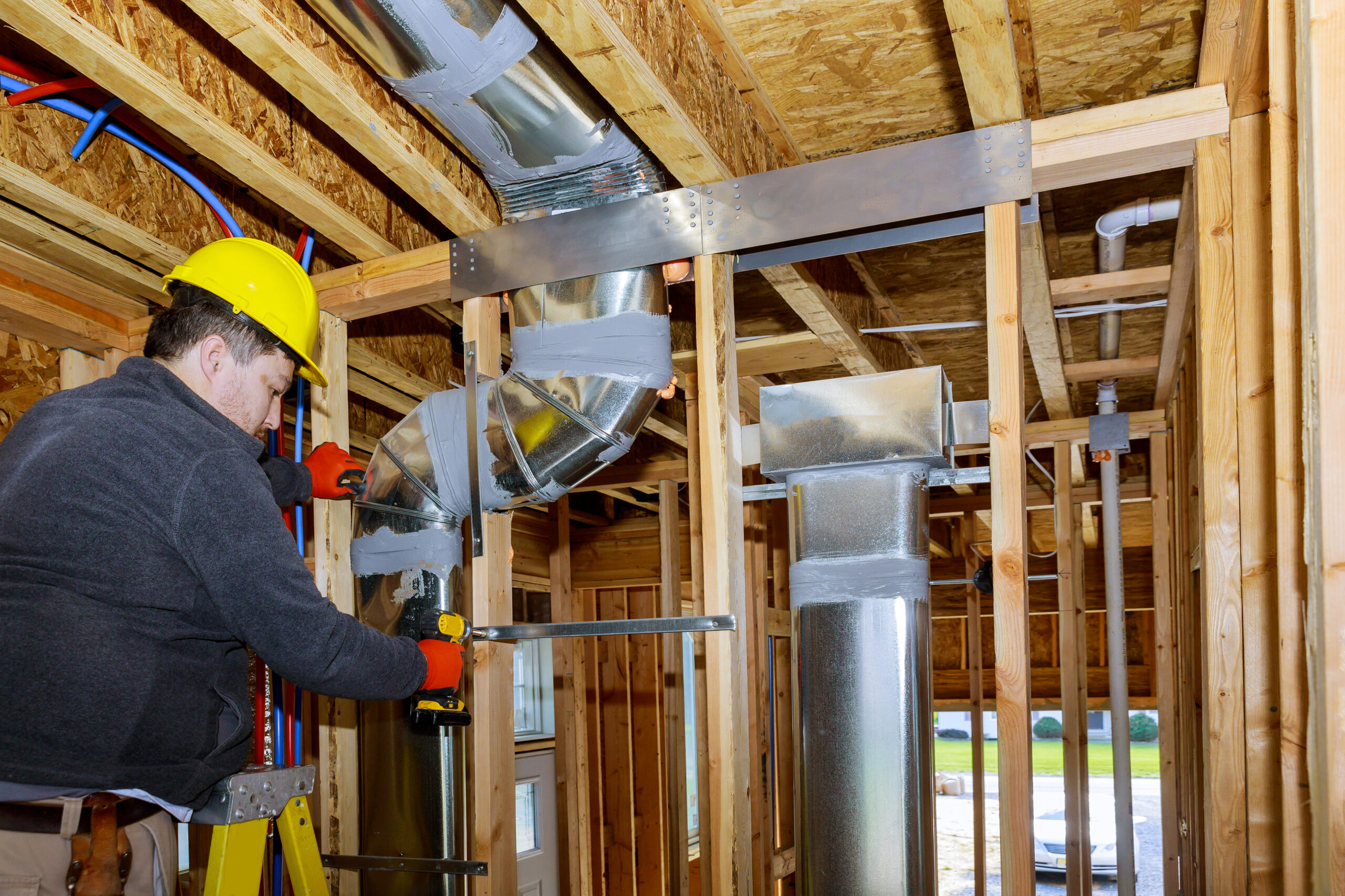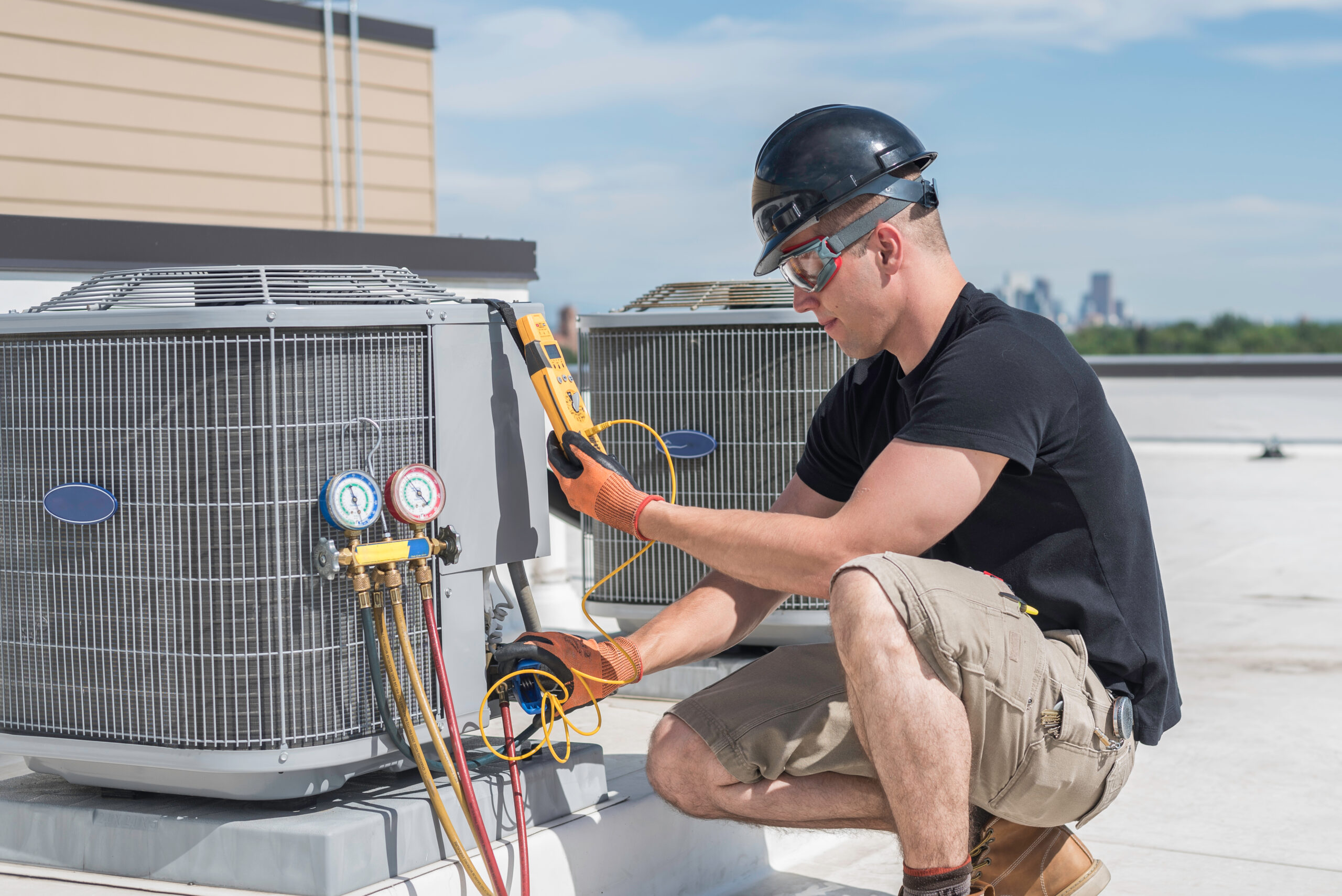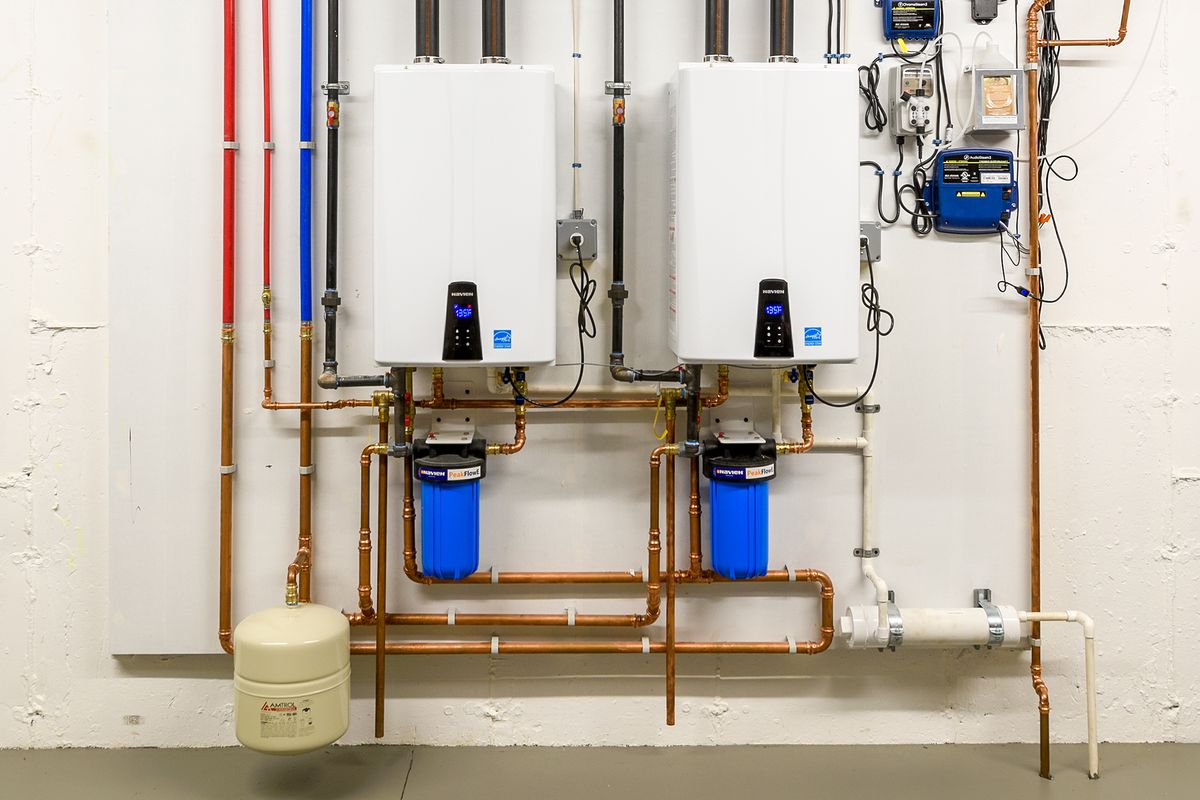When it comes to keeping your home comfortable and energy-efficient, making sure you know how to insulate air conditioning ducts is essential. Your HVAC ducts are tasked with distributing the heated and cooled air throughout your home. By insulating your ducts, you’re taking an active step to minimize energy loss, lower your energy bills, and help your living space more easily maintain a consistent temperature.
We’re going to talk about how to insulate HVAC ducts, and how to insulate air conditioning ducts properly to get the best results. Don’t forget, if this project sounds like a bit more than you want to deal with right now, there is a trusted local resource that you can rely on to get it taken care of quickly and with minimal disruption to your daily life.
The Importance of Insulating HVAC Ducts
Before we talk about the actual insulation process, it’s important to understand why you even want to insulate your ducts. There are a few big reasons. First, you’ll be reducing the energy lost during the air’s transportation through the ducts. Second, insulating the ducts means you get more of the thermal energy you want, making you feel more comfortable. Finally, ducts with good insulation are less likely to develop mold issues, which keeps the whole house healthier.
Assessing Your Ductwork
Inspect for Leaks
Before you insulate your HVAC ducts, you’ll need to check the system for leaks. Leaks waste valuable thermal energy and can compromise the overall performance of the HVAC system. To identify leaks, you’ll need to turn on your heating or cooling system first. Then, feel around the ductwork, or use a smoke pencil or incense stick to find any leaking air. Once leaks are found, seal them with foil-backed tape or mastic. For larger gaps, consider mesh & mastic, or simply replacing the connection.
Determine the Insulation Material
Now you need to determine what you’ll be using for insulation. Common choices are fiberglass and reflective foil insulation. Fiberglass is better for reducing heat transfer and noise, while the foil is better for radiant heat resistance. The best choice will depend on your needs.
How to Insulate HVAC Ducts and Air Conditioning Ducts
The process to insulate your ducts will depend on the type of insulation you’ve chosen. Both will have roughly the same steps, they may just be performed differently for the different materials.
First, measure the length of the ducts, and figure out the amount of insulation you’ll need. Then, cut the insulation to the sizes needed. Next, you’ll need to wrap the insulation around the ductwork, making sure the right side is facing out for whatever material you’re using. Finally, secure the insulation with foil-backed tape or mechanical fasteners.
The Benefits of Professional Help
Even though the process may seem relatively simple, it’s important to remember that there are professionals that can do it more effectively, in less time, and with less hassle.
When you partner with a professional, the first benefit you get is their expertise. They make a living doing this, it’s not a weekend chore for them. Additionally, not only do they have the right training and equipment, but many of the leading installers also offer a warranty, so you know the quality of the work is expected to last.
Trust Emory To Be Your HVAC Insulation Partner
Learning how to insulate air conditioning ducts and how to insulate HVAC ducts can help you drastically improve your home’s energy efficiency, while also reducing the work your HVAC equipment does. However, it’s not a simple task, nor can one person do it quickly. To get the best results, reach out to Emory today to schedule a professional insulation consultation.






